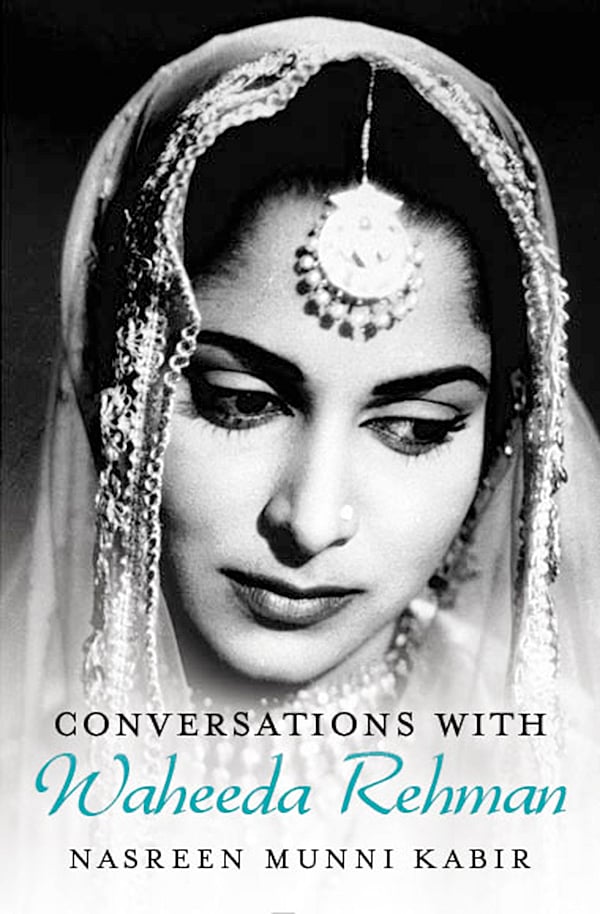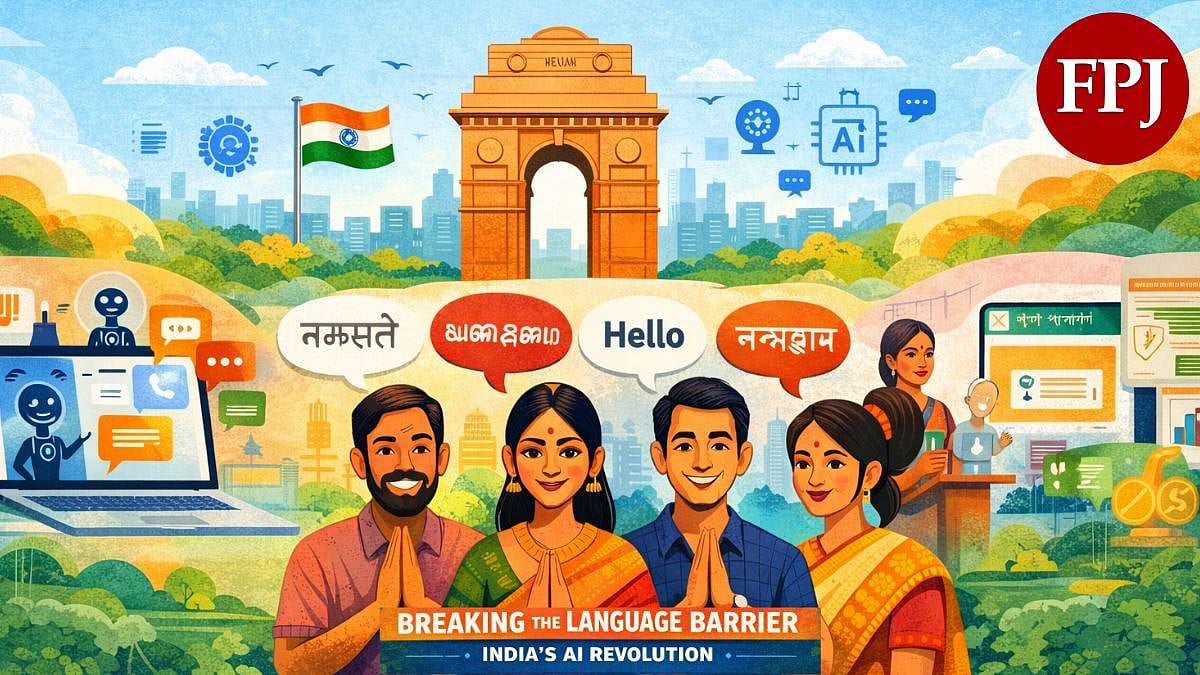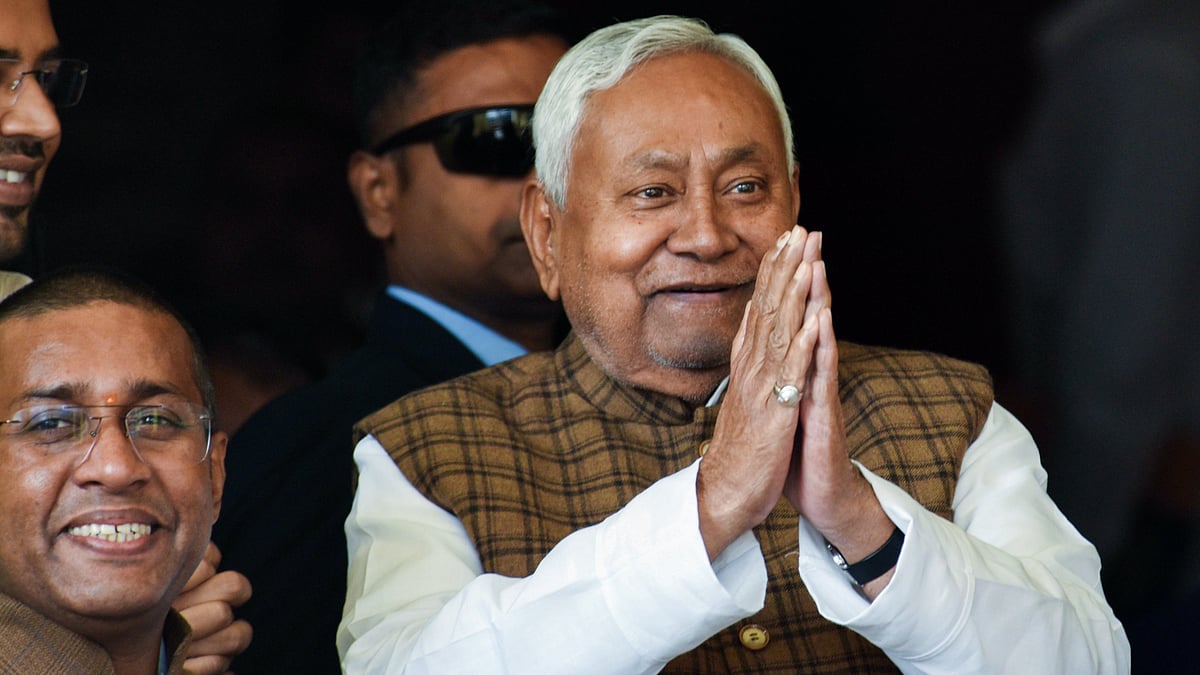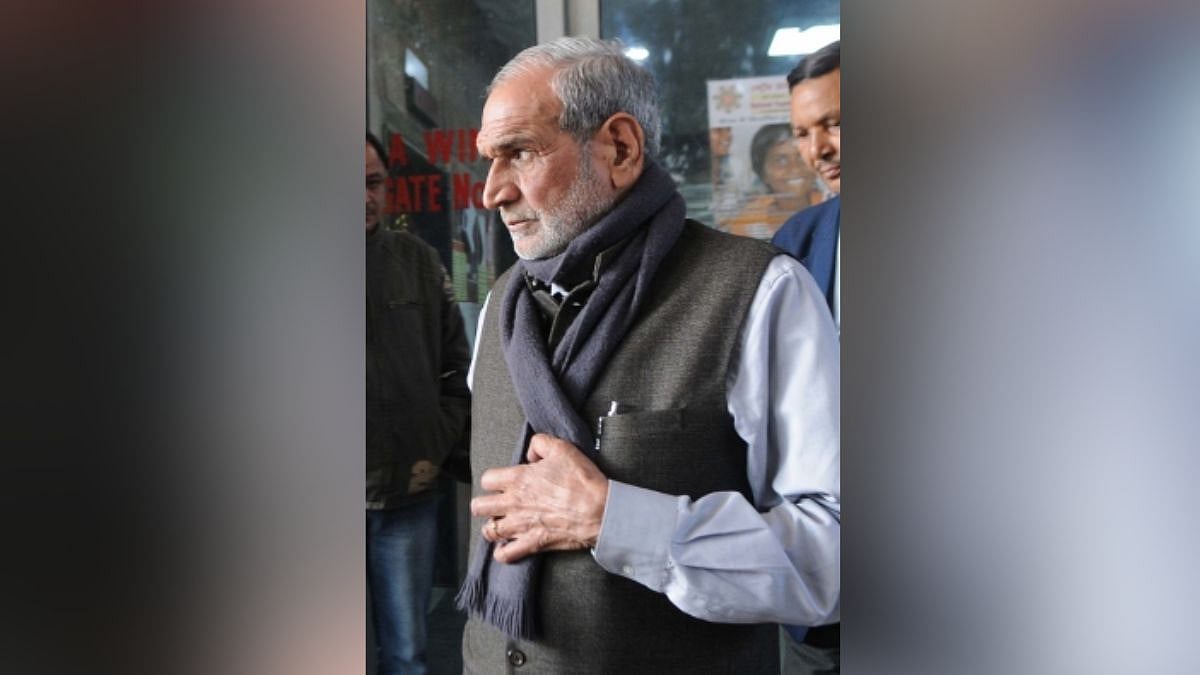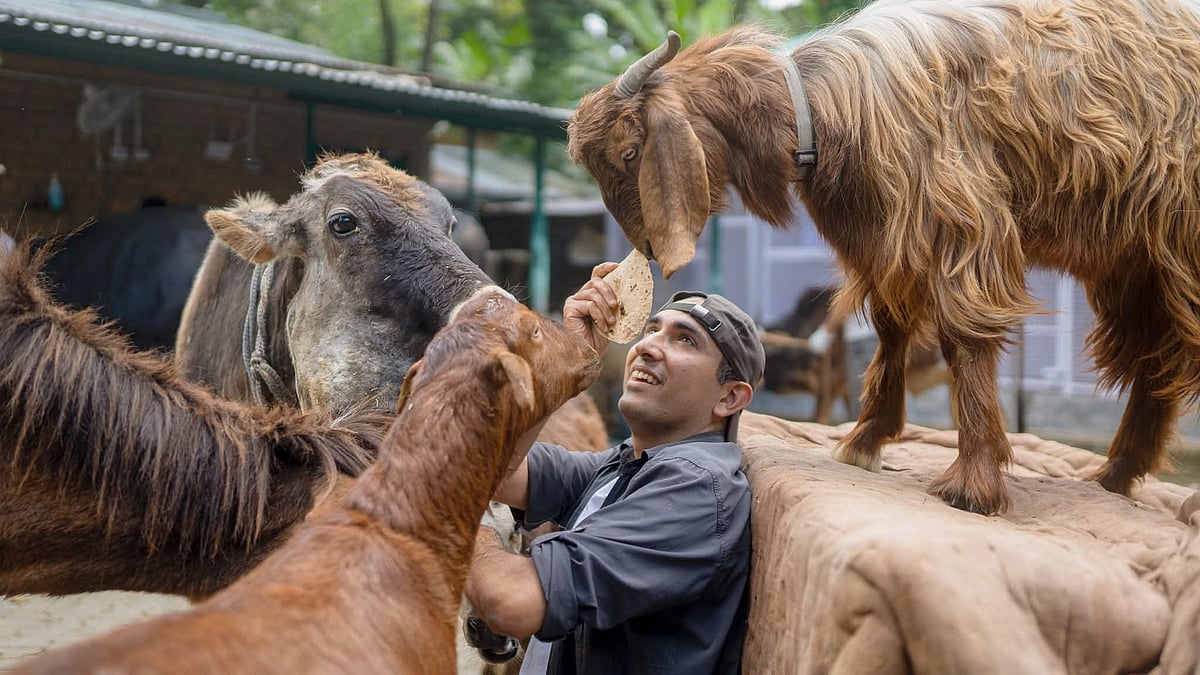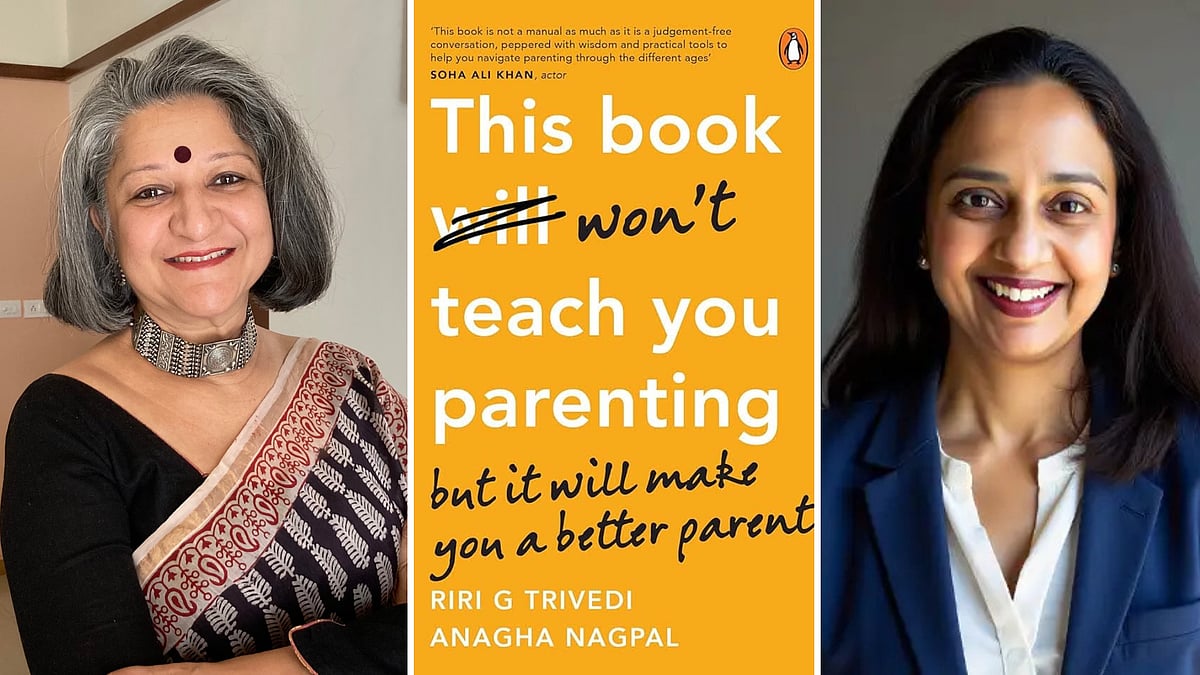A slice of cinema history told through compelling anecdotes and observations, it provides a rare glimpse of the real Waheeda
Conversations with
Waheeda Rehman
Nasreen Munni Kabir
Penguin Books
Pages: 227; Price: Rs 499
Only last year, Nasreen Munni Kabir struck gold with her much acclaimed book of conversations with Gulzar entitled ‘In the Company of a Poet’. Kabir is a London-based documentary film maker, including a forty-six part series ‘Movie Mahal’ and one on Shah Rukh Khan. She has highly rated works on Guru Dutt, Javed Akhtar, Lata Mangeshkar and A.R. Rahman. So a new volume on Waheeda Rehman is welcome.
Though Bollywood botched up the picturisation of the picaresque novel ‘The Guide’ by R.K. Narayan which incurred his wrath, it had one significant contribution to the film industry. It brought forth a tour-de-force – an amazing performance by Waheeda Rehman as Rosie. How many of us know that Satyajit Ray was planning to film this Narayan novel and had even asked Waheeda to perform the role of Rosie.
In the event Dev Anand bought the right to film the novel and he too elected to cast Waheeda as Rosie — a role actresses like Meena Kumari, Leela Naidu and Padmini were pining to play. ‘Guide’ in Hindi won all the major Filmfare Awards in 1967 including the Best Actress Award. The English version directed by Tad Danielewski bagged the Best Actress Award for Waheeda in the Chicago Film Festival in 1965. Incidentally this was the first time an Indian actress had won an award in the US. The film had one more attraction — one of the most memorable dances in Bollywood history – the “snake dance” — full of emotion and dramatic tension. This single item called for extraordinary hard work by the actress.
Waheeda was the youngest of four sisters and a sickly child who needed constant medical attention, She lost her IAS bureaucrat father when she was only 13. Her first role was that of a dancer in a Telugu film — ‘Rojulu Marayi’. After seeing this dance Guru Dutt met her and she signed a three years contract with him which resulted in classics like ‘C.I.D’, ‘Pyasaa’ making her one of the leading stars by the end of the 1950s. She was not only a skilled dancer but a consummate actress with impressive performances in ‘Mujhe Jeene Do’, ‘Abhijan’, ‘Guide’, ‘Teesri Kasam’, ‘Reshma aur Shera’ and ‘Khamoshi.
After her marriage to Kamaljeet Rekhy and after the arrival of her two children Waheeda stayed away from films and she returned to the Screen in the late 1980s. According to Kabir, “…Waheeda is a feisty lady with a natural gift for storytelling. She has a great memory and gets so involved in evoking the past that her eyes sparkle. She comes up as a genuine person. Her illustrious reputation, bewitching beauty and winning smile were characteristic features of her greatness.” She had worked with all the important stars of the South — M.G. Ramachandran, Gemini Ganesh and N.T. Ramarao.
The three major roles of Waheeda are — Rosie in ‘The Guide’ — Shanti in ‘Kagaz Ke Phool’ and as Ghulabo in ‘Pyasaa’. Of course undoubtedly Rosie is her best performance. ‘Pyaasa’ features in Time Magazine’s list of the best 100 films ever.
There are personal discussions on a variety of subjects but asked if she was in love with Guru Dutt she declared: “I know we’re public figures, but I strongly believe my private life should remain private. What ultimately matters and concerns the world is the work we leave behind.”
She had worked with the great cinematographers like V.K. Murthy, Jal Mistry, Fareedoon Irani and Subrata Mitra.This is a captivating account of Waheeda’s role in ‘Abhijan’ directed by Satyajit Ray — who was meticulous and explained everything in great detail. He sketched every scene and made detailed shot breakdowns. He made her sing saying: “I want the voice of a simple village girl.”
Waheeda means “the unique one” and it is astonishingly accurate and this book is also unique in the way she tells her story in her own words. Conversations are replete with anecdotes about actors, directors, cinematographers and composers and music.
The book is the result of more than 25 conversations of about two hours each that Kabir had with Waheeda for over a year. She does an enchanting work of taking us on the road taken by Waheeda and makes us realize what a rare person we have in our midst. There is a certain frankness and honesty in her responses, genuine warmth in recalling happy moments with her friends Nanda, Helen, Sadhana, Asha Parekh. She sums up: “I don’t honestly like living in the past. It is the present that counts. I don’t think of the future either. Maybe that’s what gives me a sense of peace. I don’t worry about what will happen tomorrow.”
P.P. Ramachandran
